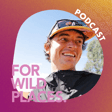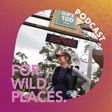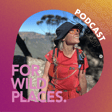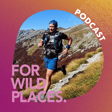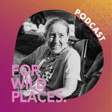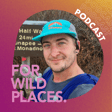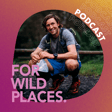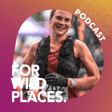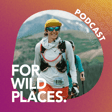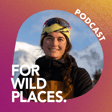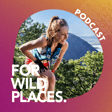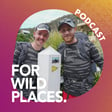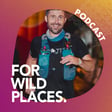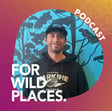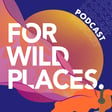
7. Marathons, mindset & movement building: Making positive change with Erchana Murray-Bartlett
Coach, athlete, world record holder, change maker, and overall excellent human are just some ways we can describe today's guest, Erchana Murray-Bartlett. We first caught up with Erchana in November 2022, when she was 89 days into her 150-day, 150-marathon 'Tip to Toe' journey. Not only did Erchana smash the world record, but she also raised over $100k to support The Wilderness Society's efforts to end extincions in Australia.
We then checked in with Erchana, just over two years after she finished Tip to Toe. In this conversation, we chat about her recovery, the soon-to-be-released film 150, and her most recent project - running as an independent candidate in the upcoming Australian federal election.
You can follow Erchana's adventures and campaign for McPherson on Instagram, or find out more about her coaching business, Project Run. If you'd like to share the trails with Erchana, join us at the Pilliga Ultra this September.
To hear more from For Wild Places, subscribe to our newsletter or become a member.
